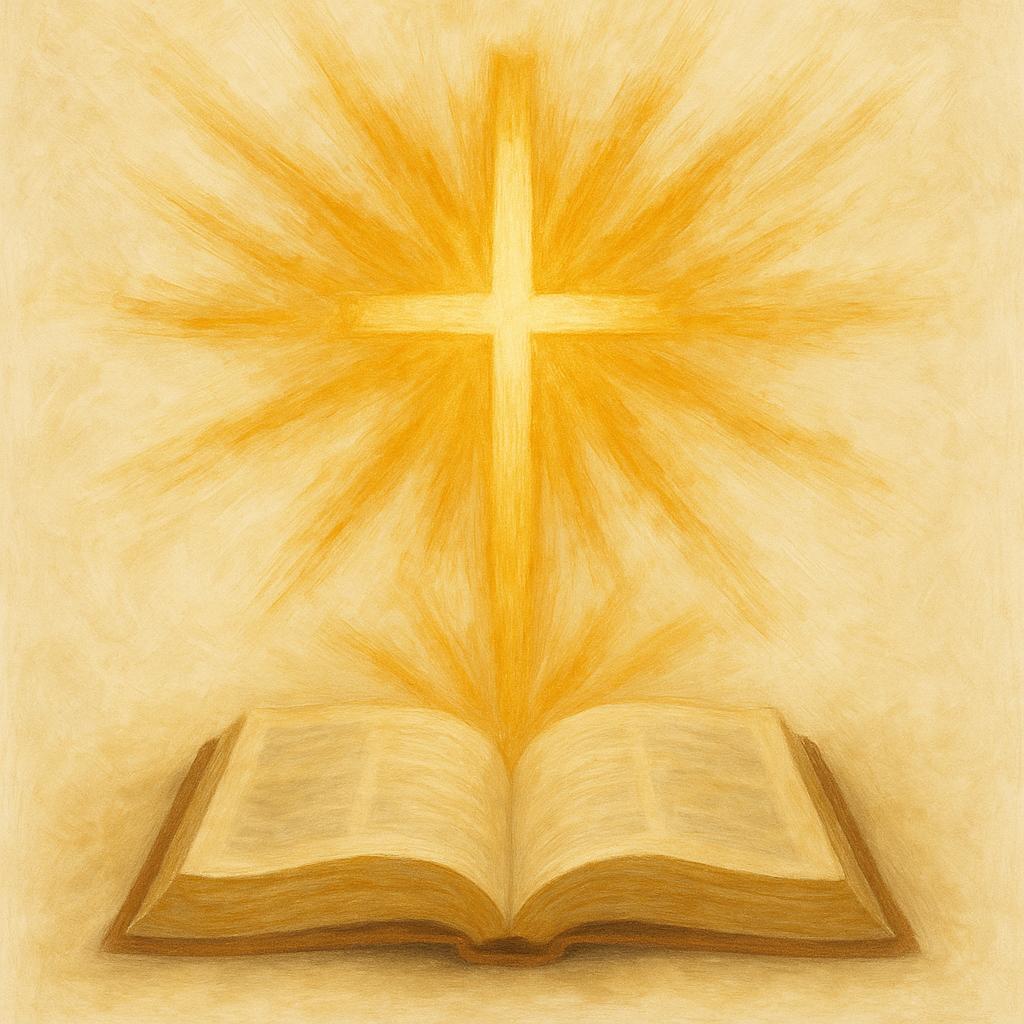The Things That Make for Peace
Sermon on Luke 19:41–47, with 1 Corinthians 12:1–11
Opening Prayer
Almighty God, in whose Word we find life and peace, open our hearts this day to receive your truth. May your Spirit guide our thoughts, shape our desires, and draw us closer to Jesus Christ our Lord. Amen.
Introduction
The two passages set before us are both searching and hopeful. In Luke 19, we see Jesus weeping over Jerusalem and cleansing the temple. In 1 Corinthians 12, Paul reminds us that the Spirit distributes gifts for the common good.
Together they ask us: do we recognise the presence of God in Christ? Are we a people purified? And are we using the Spirit’s gifts to build up Christ’s body?
The tears of Jesus
As Jesus approaches Jerusalem, Luke tells us: “he wept over it” (v. 41). The word suggests loud lamentation, not a quiet tear but grief that shakes the whole body. Why does he weep? Because the city has not recognised “the time of God’s coming” (v. 44).
Jerusalem longed for peace but rejected the One who is Peace. Their eyes were fixed on a political deliverer, not the suffering Servant. Jesus foresees the destruction that will come in AD 70 when the Romans destroy the city.
His tears show both compassion and holiness. Compassion, because God longs for his people to live. Holiness, because judgement follows rejection of his gracious offer.
The challenge is personal: are our eyes open to recognise God’s visitation in Christ? We may attend church, sing hymns, even serve in ministry, yet still fail to entrust our lives to him. The warning is real, but so too is the invitation to receive the peace of Christ by, as we just said, entrusting ourselves to him.
The cleansing of the temple
Immediately after his lament, Jesus enters the temple courts and drives out those who had turned God’s house into a marketplace. He quotes Isaiah: “My house will be a house of prayer” (v. 46). The temple was meant to be a place of meeting with God, not of exploitation or distraction.
This is a prophetic act. By cleansing the temple, Jesus signals that a new order is arriving. He himself is the true temple, the meeting place between God and humanity. Through his death and resurrection, the veil will be torn and access to the Father opened.
The application is straightforward. The Church, as the temple of the Spirit, is called to holiness and prayer. If worship becomes performance, if ministries are just ego boosts rather than for God’s glory, then we too need the Lord to overturn the tables of our hearts.
Let us ask: is my life a house of prayer? Is our church a place of welcome, purity, and witness? Jesus cleanses not to condemn but to restore, so that God’s people may again be what they are called to be.
The gifts of the Spirit
From Paul’s words in 1 Corinthians we are reminded that “to each one the manifestation of the Spirit is given for the common good” (v. 7). The Spirit equips believers with diverse gifts: wisdom, knowledge, faith, healing, discernment.
The emphasis is unity. “There are different kinds of gifts, but the same Spirit” (v. 4). In contrast to the corruption of Jerusalem’s temple, the new temple, the body of Christ, is to be marked by the Spirit’s life. No gift is for private pride; each is given to serve.
This means no member of Christ’s body is useless. And, at the same time, no one is self-sufficient. The Lord has given each of us some gift to bless others. To ignore it is to deprive the Church. To use it faithfully is to glorify Christ and strengthen his people.
Recognising, cleansing, serving
When we set these readings side by side, three lessons emerge.
First, recognition: Jerusalem failed to see God’s visitation. Let us not make the same mistake. Today is the day of salvation; today the Lord stands at the door and knocks.
Second, cleansing: Jesus purified the temple so that it might again be a house of prayer. We need that purifying work in our lives and churches. Are we willing to let him overturn what corrupts our devotion?
Third, serving: the Spirit gives gifts for building up the Church. Faith is not a private matter; it flourishes in service to others. When each part plays its role, the whole body grows to maturity.
Conclusion
Jesus wept because Jerusalem did not know the things that made for peace. But peace is still offered: peace with God through the cross, peace with one another through the Spirit, and peace that equips us to serve a broken world.
May we recognise the day of God’s gracious visitation. May our lives and church be cleansed to be true houses of prayer. And may we joyfully exercise the Spirit’s gifts for the common good. In this way, the world may glimpse Christ’s presence among his people and be drawn to his redeeming love.
Closing Prayer
Lord Jesus Christ, who wept over the city and cleansed the temple, cleanse our hearts and renew your Church by your Spirit. Grant that we may recognise your presence, receive your peace, and serve with the gifts you have given us. Make us a house of prayer and a body of love, to the glory of God the Father. Amen.
©Samuel Morrison 2025
Soli Deo gloria
